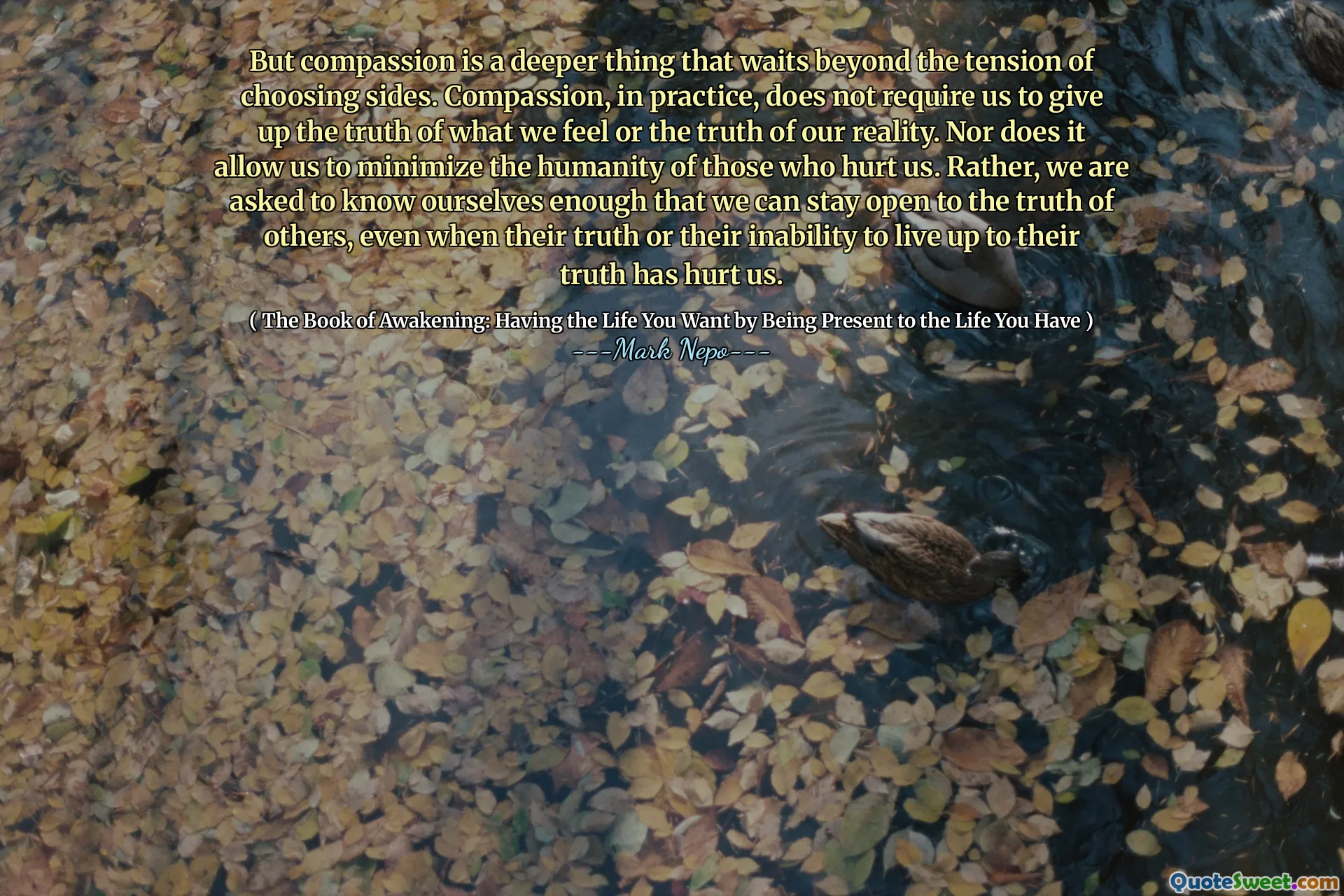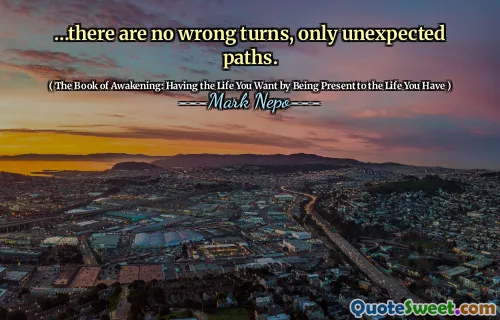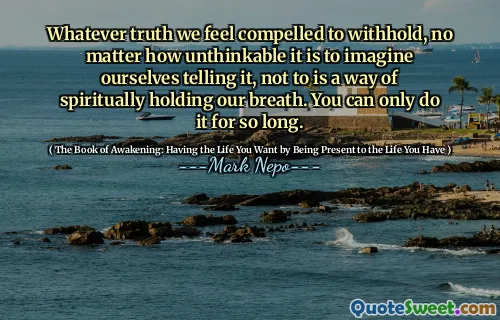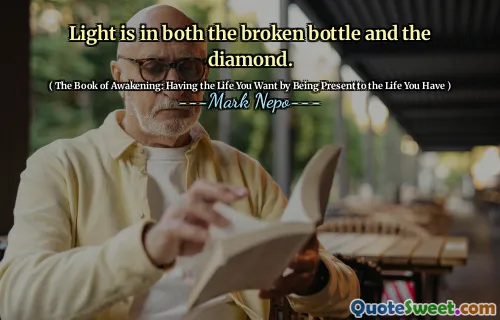
But compassion is a deeper thing that waits beyond the tension of choosing sides. Compassion, in practice, does not require us to give up the truth of what we feel or the truth of our reality. Nor does it allow us to minimize the humanity of those who hurt us. Rather, we are asked to know ourselves enough that we can stay open to the truth of others, even when their truth or their inability to live up to their truth has hurt us.
Compassion goes beyond simply picking sides in any conflict and seeks to connect with a deeper understanding of ourselves and others. It allows for the acknowledgment of our own feelings and reality without compromising the humanity of those who may cause us pain. This deeper awareness helps us maintain openness to the experiences and truths of others, which can be challenging, especially when we feel hurt.
Mark Nepo emphasizes that true compassion embraces the complexity of human emotions. It does not force us to deny our own truth or the wrongdoings of others, but rather encourages us to recognize our shared humanity. By doing so, we can foster a space for healing and understanding, allowing us to navigate our relationships with a sense of empathy and grace even in difficult situations.











